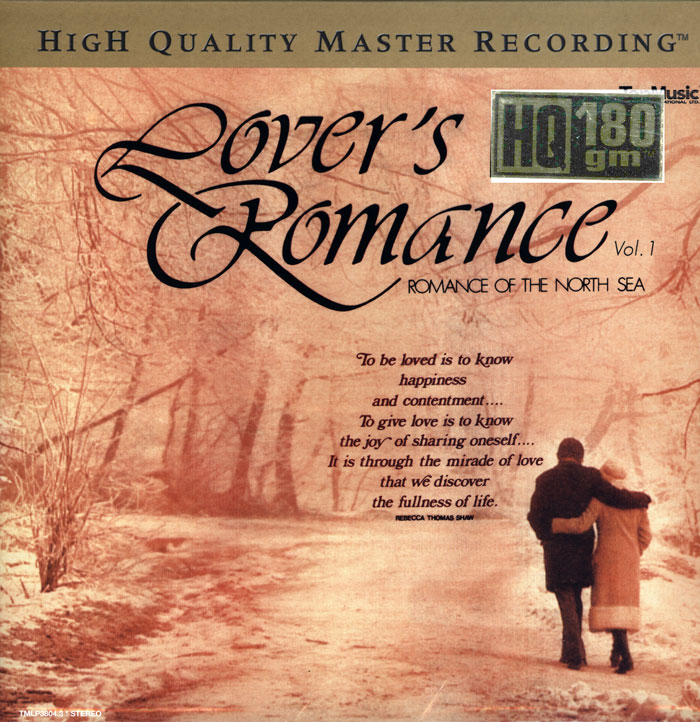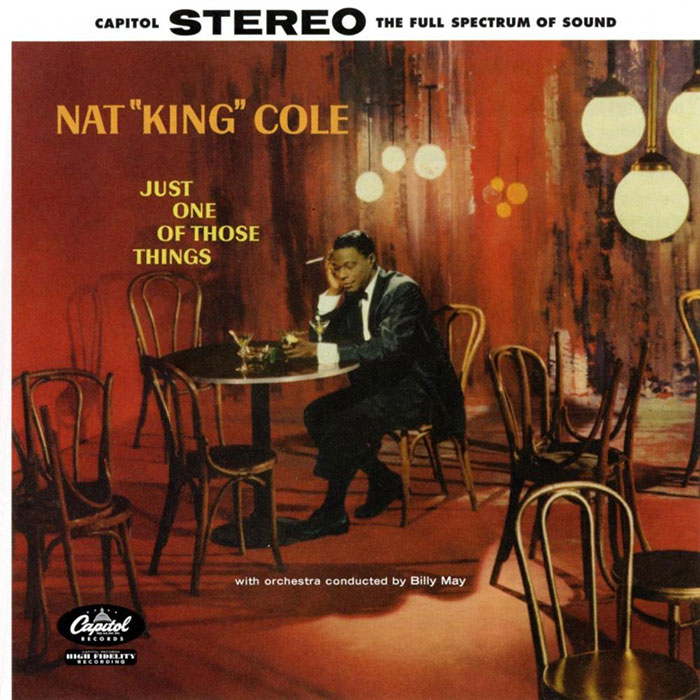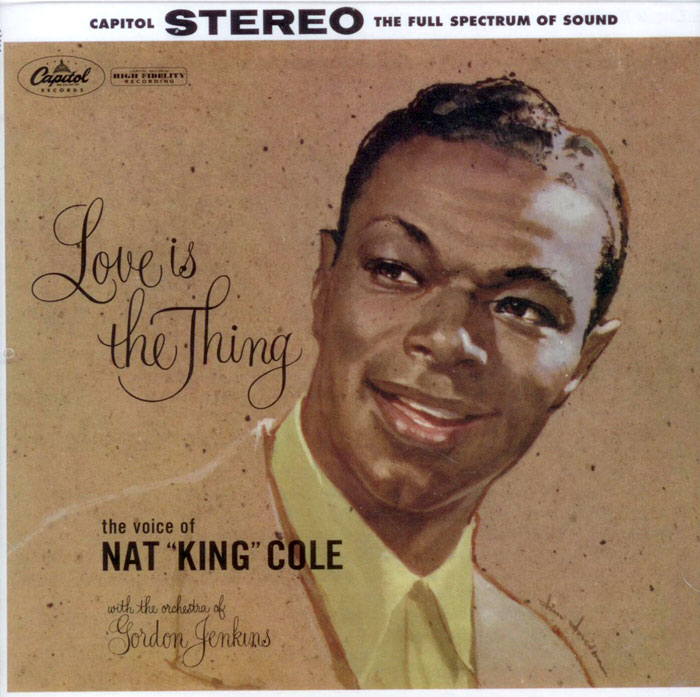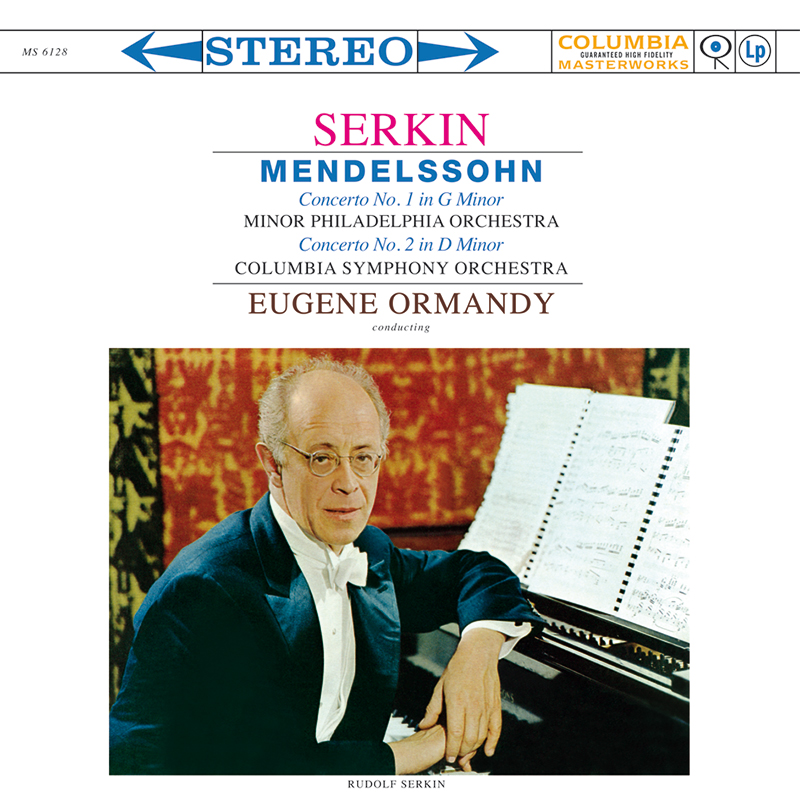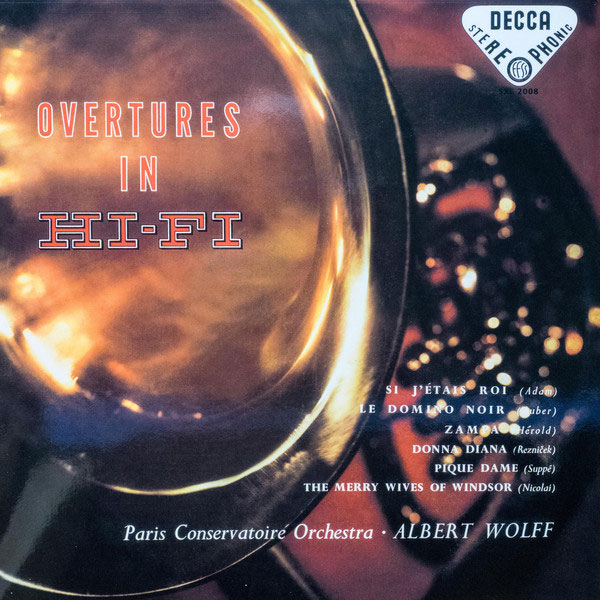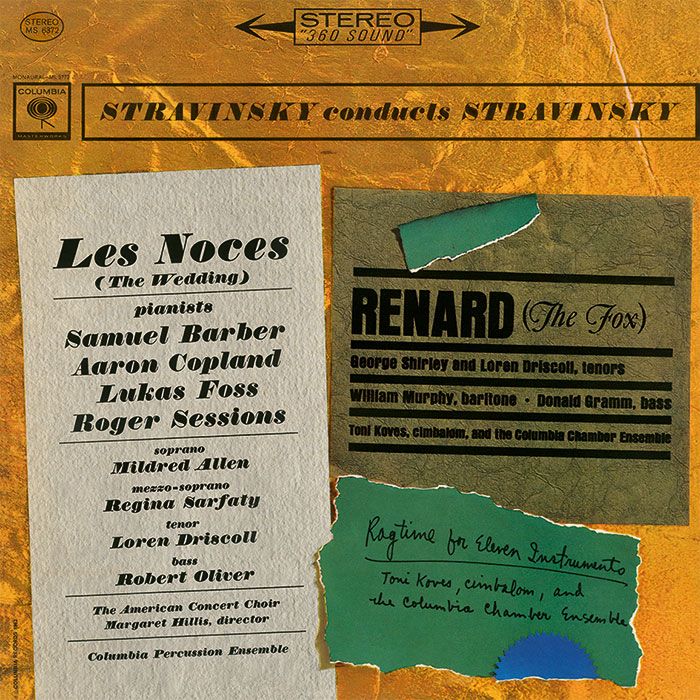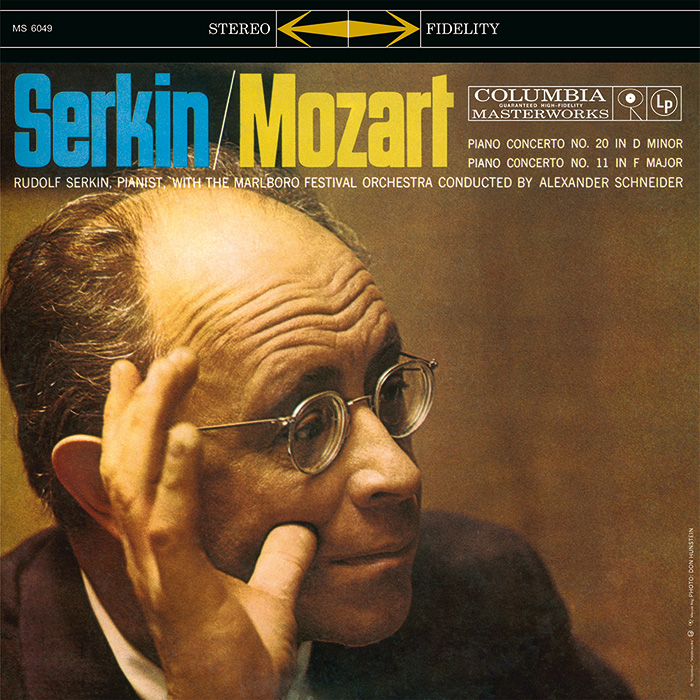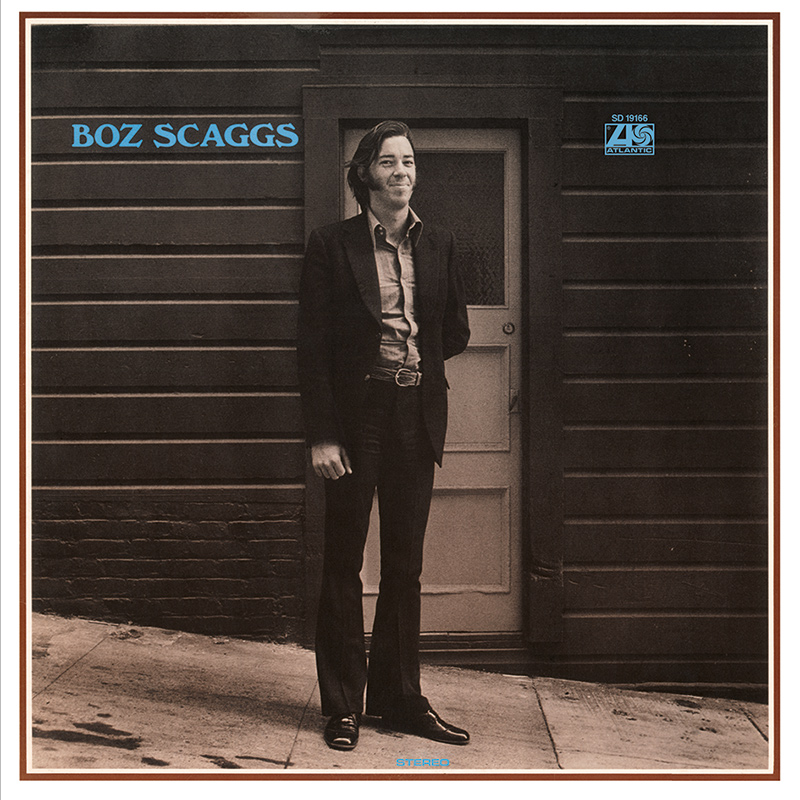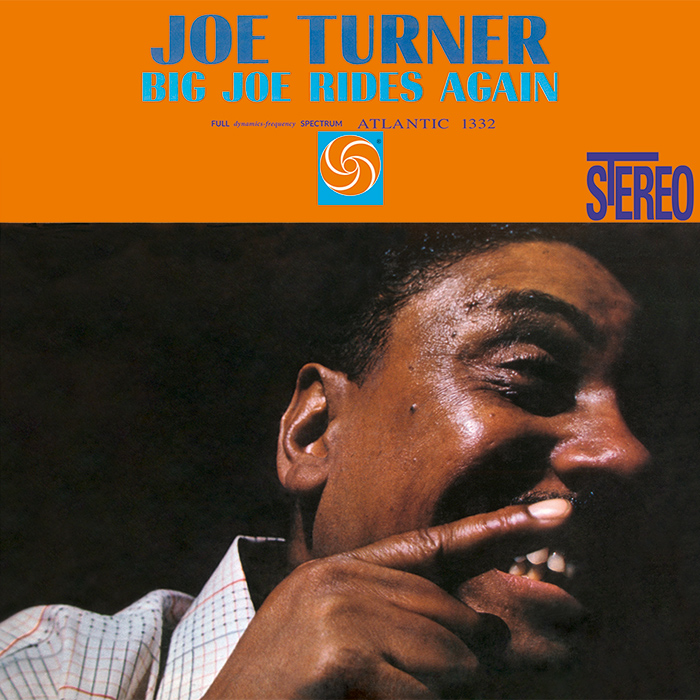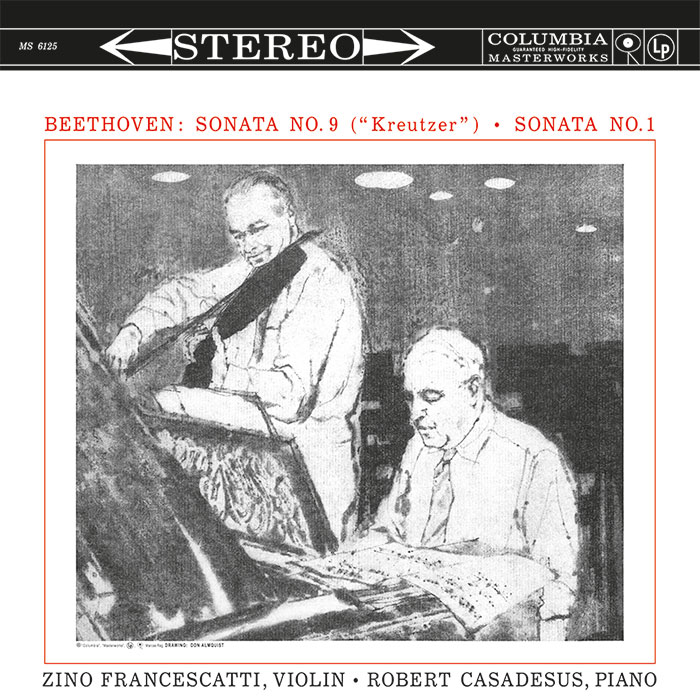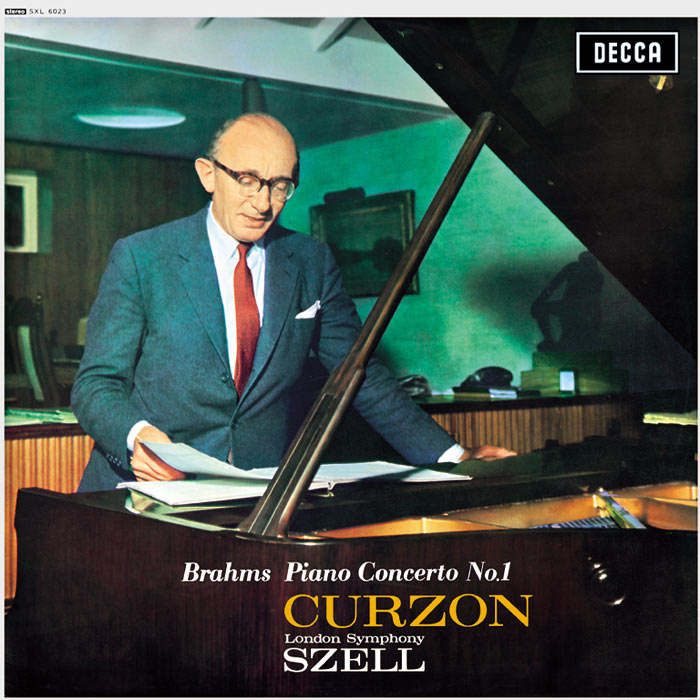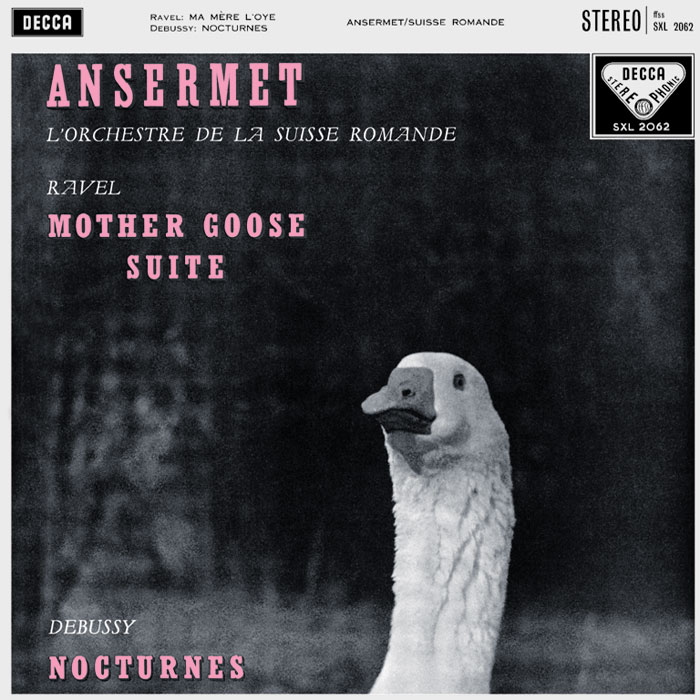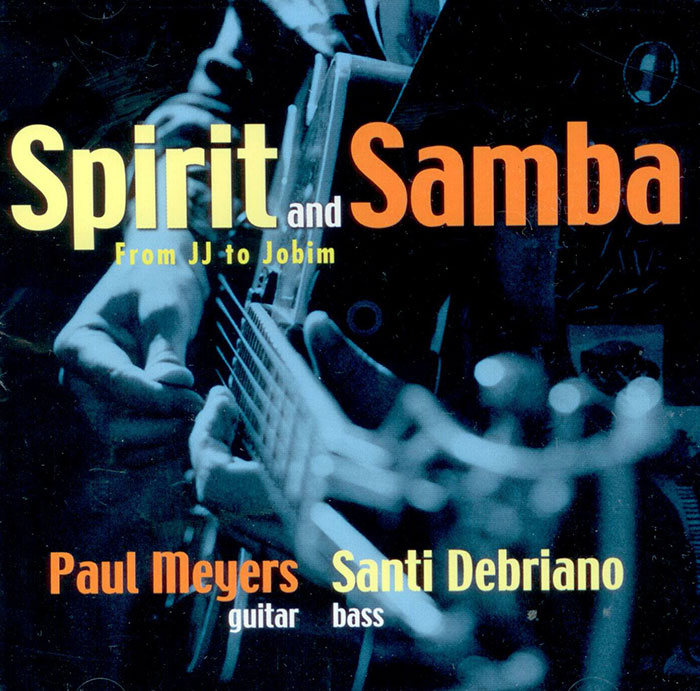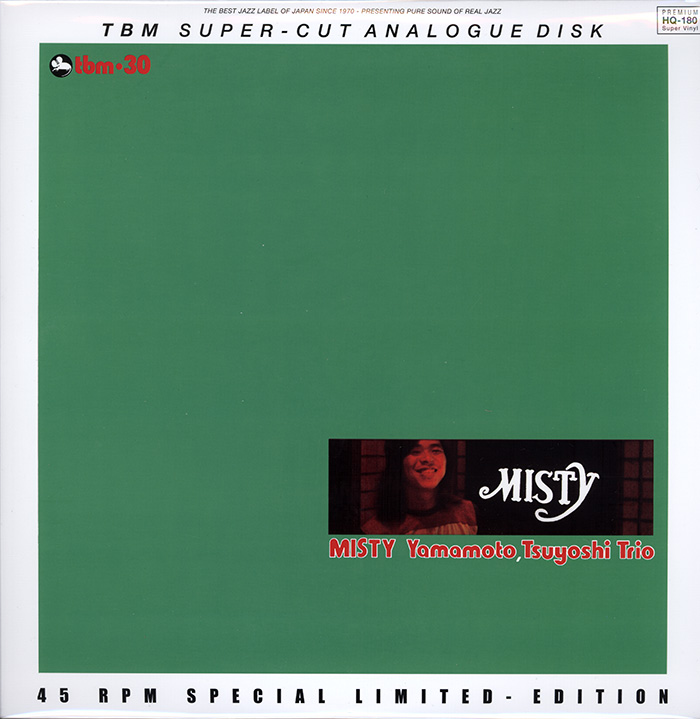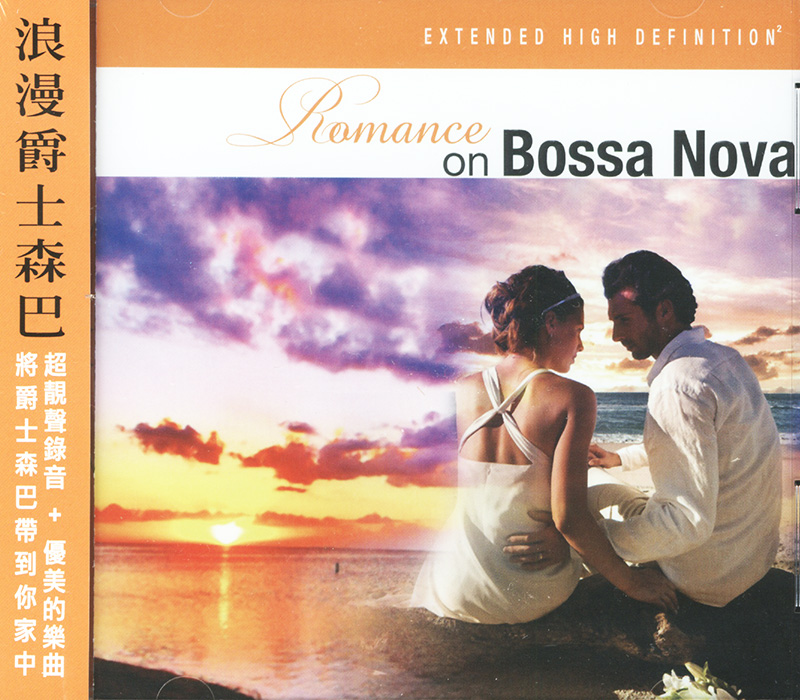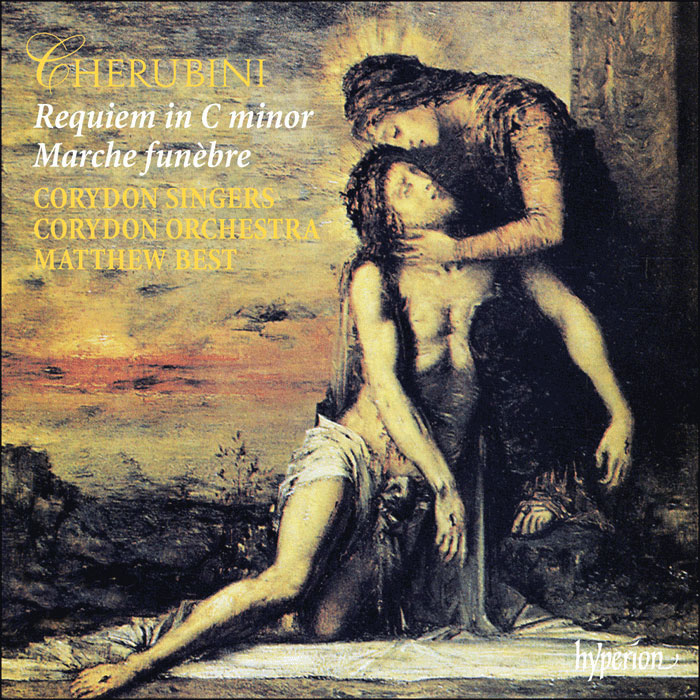Logowanie
ABSOLUTNIE OSTATNIE!!!!!
SARASATE, WIENIAWSKI, RAVEL, Erik Friedman, Walter Hendl, Chicago Symphony Orchestra
Violin Showpieces
Ultimate HiQuality CD
Antonio M. Xavier & Denver Music Orchestra
Lover's Romance - vol.1
Special Limited Edition! NUMEROWANA!
STRAVINSKY, Berlin Philharmonic, Leopold Stokowski
Petrushka / Firebird
SUPER VINYL - EDYCJA NUMEROWANA - TYLKO 500 SZTUK
BEETHOVEN, Jascha Heifetz, Boston Symphony Orchestra, Charles Munch
Violin Concerto in D major, Op. 61
edycja numerowana - 500 egzemplarzy w skali światowej - SUPER VINYL
The Tommy Dorsey Orchestra
Tea For Two Cha Chas
The Tommy Dorsey Orchestra Starring Warren Covington
SpeakersCorner - OSTATNIE!!!!
MOZART, Rudolf Serkin, Alexander Schneider, Marlboro Festival Orchestra
Piano Concerto No. 20 in D minor / Piano Concerto No. 11 in F Major
Columbia Masterworks
To LATO!
Tsuyoshi Yamamoto Trio
Misty
DO TEJ PORY NIKT, NIGDZIE NIE NAGRAŁ I NIE WYPRODUKOWAŁ LEPSZYCH PŁYT WINYLOWYCH!
CHERUBINI, Corydon Singers, Matthew Best
Requiem
- 1 Marche funèbre [6'18]
- Requiem in C minor
- 2 Movement 1: Introit and Kyrie [8'19]
- 3 Movement 2: Graduale [1'52]
- 4 Movement 3: Dies irae [9'33]
- 5 Movement 4a: Offertorium. Domine Jesu Christe [6'32]
- 6 Movement 4b: Offertorium. Hostias [7'50]
- 7 Movement 5: Sanctus [1'18]
- 8 Movement 6: Pie Jesu [3'37]
- 9 Movement 7: Agnus Dei [7'40]
- Corydon Singers
- Matthew Best - conductor
- CHERUBINI
'A really knockout performance of a dramatic Marche funèbre with some startling effects' (BBC Record Review) 'Record of the Month' (Classic FM Magazine) 'If ever a performance and a recorded sound were set fair to enthuse an audience, this is it. From the thrill of the tam-tam to the poignancy of the most expressive moments, it is all here. A memorable experience' (Organists' Review) ------------------------------------- Posterity has a habit of elevating the obscure and neglecting the famous. Thus it is that Cherubini, hailed by Beethoven as 'the greatest living composer', is today often forgotten; 'If I were to write a Requiem, Cherubini's would be my only model', Beethoven continued and the work was performed at his funeral in 1827. Schumann's opinion was that it was 'without equal in the world'. Berlioz considered that 'the decrescendo in the Agnus Dei surpasses everything that has ever been written of the kind'. Cherubini was anxious to reflect the spirit as well as the meaning of the text and so, to avoid any unwelcome associations with opera, he decided to dispense altogether with soloists. It is a work of remarkable intensity, full of attractive choral and orchestral writing. The orchestral Marche funèbre is no solemn ceremonial but an anguished, grief-stricken death-march: perhaps the work Beethoven had in mind when he described Cherubini as 'Europe's foremost dramatic composer'.

